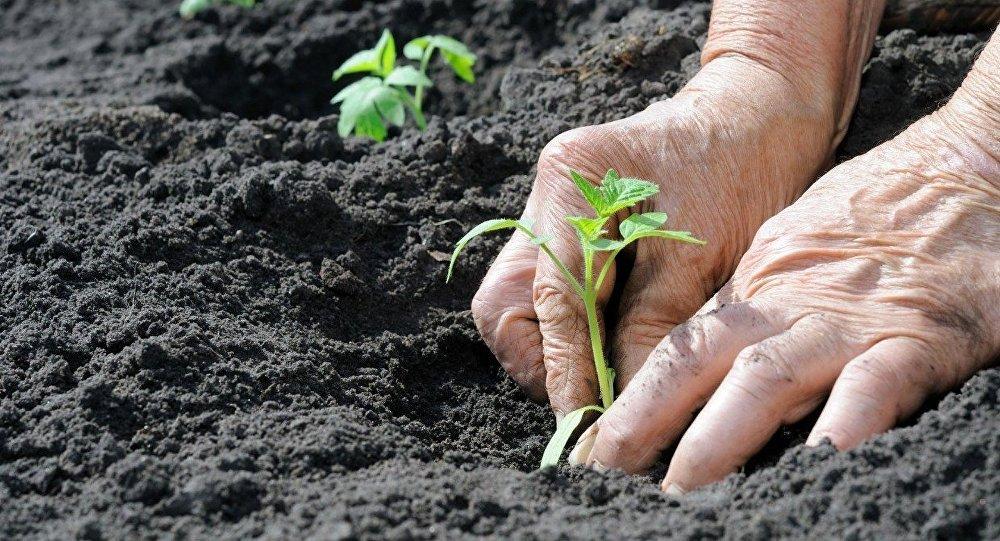
2024-02-01
Food availability depends on soils: nutritious and quality food can only be produced if our soils are healthy habitats. Over the past 50 years, advances in farming technology and increased demand from a growing population have put land under pressure. In many countries, intensive crop production has exhausted the soil, jeopardizing the soil's ability to be productive and meet the needs of future generations.
Soil is an important resource for everything from human health to agriculture to water filtration. We owe the very meaning of our lives to a healthy earth. And yet we continue to threaten him.
Organic matter is the most important aspect of healthy soil. It includes plant and animal materials, soil microorganisms and the products and decomposition processes of these organisms. Sources of organic matter include compost, fertilizers and crop residues. Organic matter affects every part of the soil in a way that almost always helps produce crops. A healthy soil is literally a living soil. Penn State, one teaspoon of healthy soil outside of a farm has 100 million to 1 billion bacteria, thousands of flagellates and amoeba, hundreds of nematodes, insects and more than five worms! Healthy soil should be loose and moist.
Threats to healthy soil:
Compression:
This happens when the soil does not have an airspace for plants to absorb water and air. The reason for this is poor farming. Either soil health is not being maintained with proper care (such as adding the right amount of organic matter) or the soil is being trampled with equipment. If the compaction gets bad enough, the roots cannot penetrate the soil. After that, the roots cannot search for another nutrient-rich soil, and air and water cannot penetrate the soil to nourish the plants.